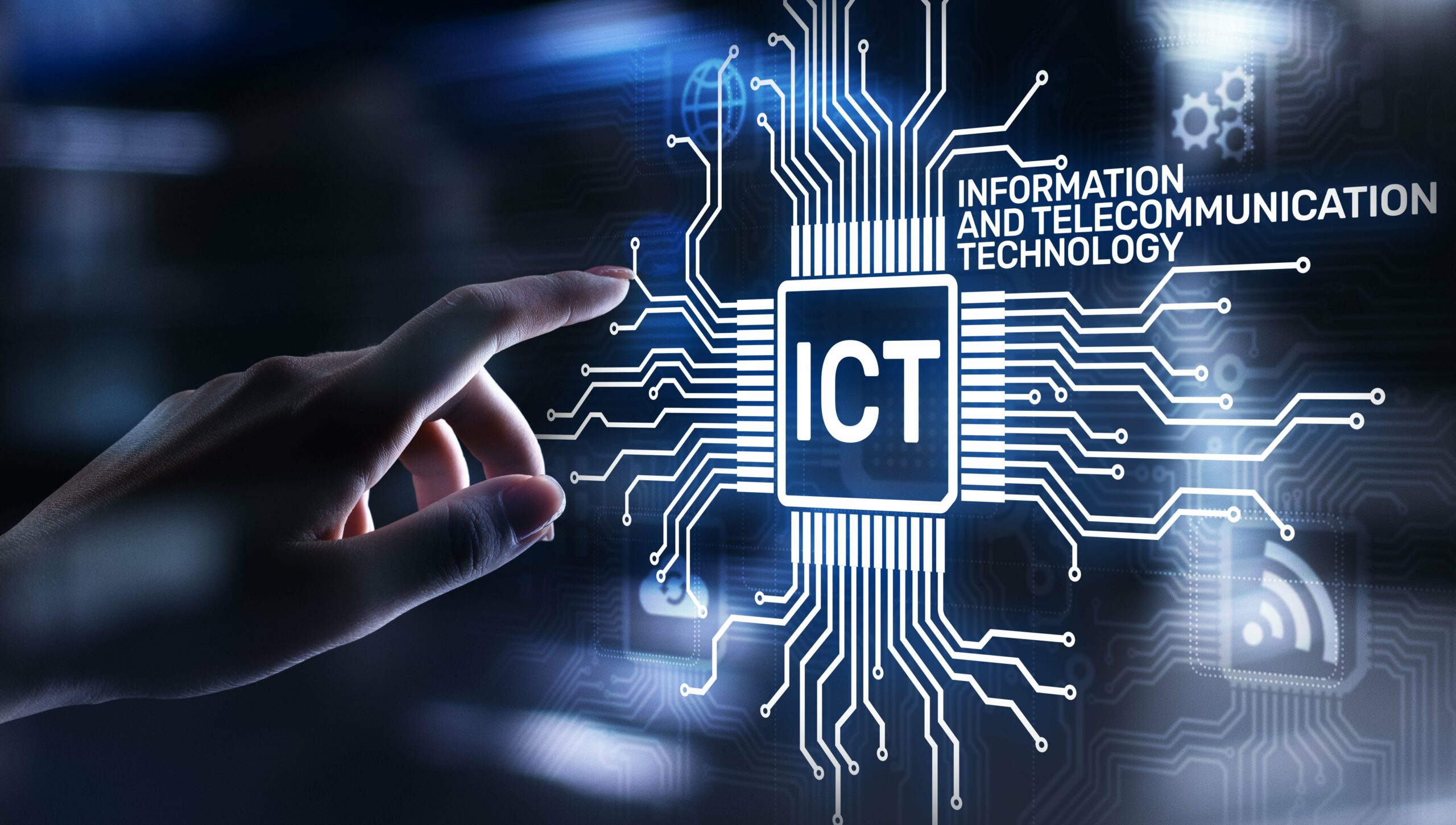Book Review
INFORMATION TECHNOLOGIES AND INTERNATIONAL SECURITY.
Monograph by the Primakov National Research Institute of World Economy and International Relations of the Russian Academy of Sciences (IMEMO RAS). 2023.
ISBN 978-5-9535-0613-7
URL: https://www.imemo.ru/files/File/en/publ/2023/InformTechnol2023-Romashkina.pdf
The problems of information and information and communications technologies (ICTs) security have never been as pressing as they are now. As a result, information security is the priority in efforts to protect it against a wide range of dangers, including data breaches, ransomware attacks, phishing attempts, and other forms of cybercrime.
In essence, information security demands a proactive, adaptive, and multi-layered approach to protection against a constantly evolving threat landscape. It requires a combination of advanced technologies, user awareness, rigorous policies, and a commitment to continuously improving security postures to mitigate risks and safeguard critical data and systems.
The monograph prepared by the experts of the IMEMO RAS – Dr. Natalia Romashkina,
Dr. Alexey Markov and Dmitry Stefanovich – is devoted to topical issues of international security and strategic stability in the context of accelerated development of information and communication technologies. It justifies the importance of ensuring international information security. The monograph examines the possibility of establishing an IT-arms control regime under the UN auspices, as well as a number of practical aspects of ICT security.
Different aspects of regulating software security systems and the use of supercomputers in the context of the international information security are examined. In addition, the authors analyze the impact of information and communication technologies on strategic stability.
Great attention is also paid to the military ICT-communications issue and the possible vulnerability of strategic weapons and weapons of mass destruction (WMD) to possible cyber threats – a topic that ICT security researchers sometimes do not give enough importance to.
This monograph is intended for specialists in the field of information and communication technologies and international security and university lecturers. At the same time, the monograph will also be interesting to students and young researchers who are beginning to take an interest in cybersecurity. What can be found particularly valuable in the monograph is a very clear description of the main technologies of attacks on ICT security and an equally clear explanation of the main types of countermeasures. There are a lot of detailed and illustrative tables and diagrams describing the structure of cyberattacks and a large number of practical cases and ways of ensuring ICT security. It is also worth noting that the study provides up-to-date statistics regarding cyberattacks, for example, a detailed analysis of the MITRE CVE vulnerability database indicators for a more comprehensive study of cyber threat mechanisms.
ICT security experts should pay attention to the suggestions made by the authors of the study regarding possible measures the UN could take to control ICT weapons such as banning ICT attacks on specific targets, limiting ICT offensive capabilities, measures to control the proliferation of ICT weapons, international norms regulating the means and methods to prevent and eliminate conflicts in cyberspace, and the development of a convention prohibiting the malicious use of ICTs in the field of nuclear weapons.
Key words: Information Security
ET
E16/MIN – 24/03/25




